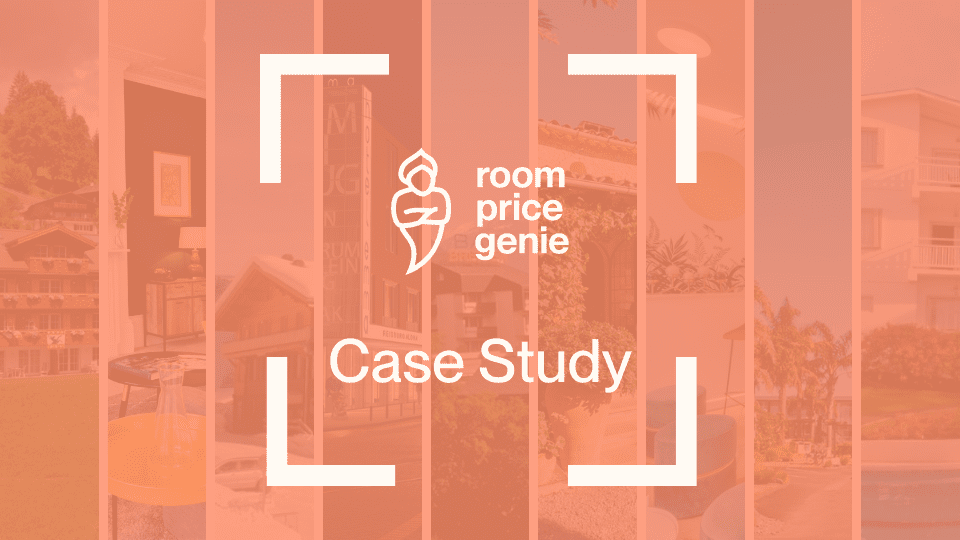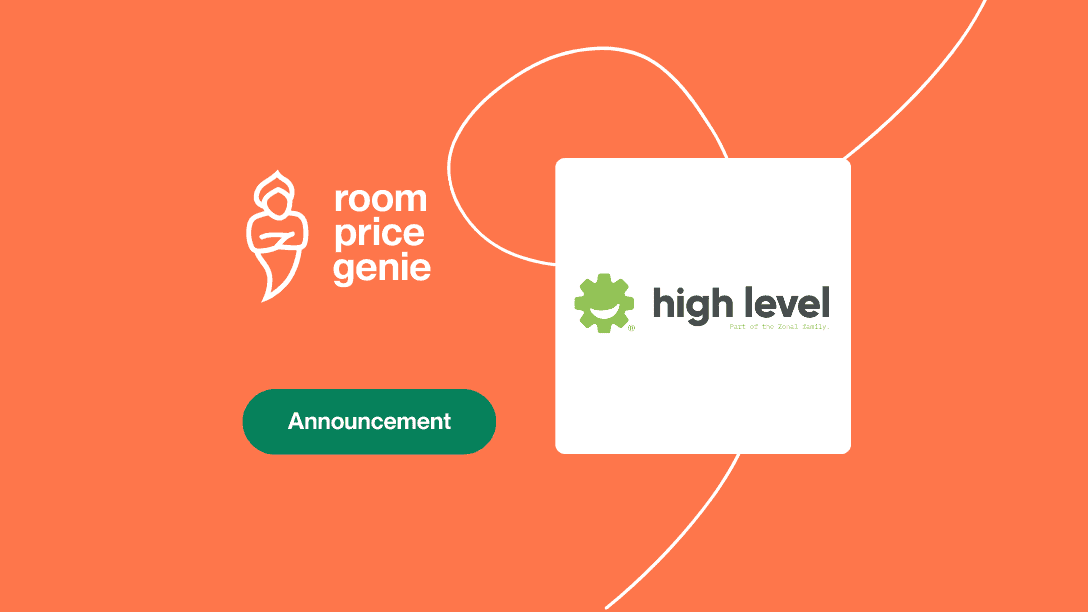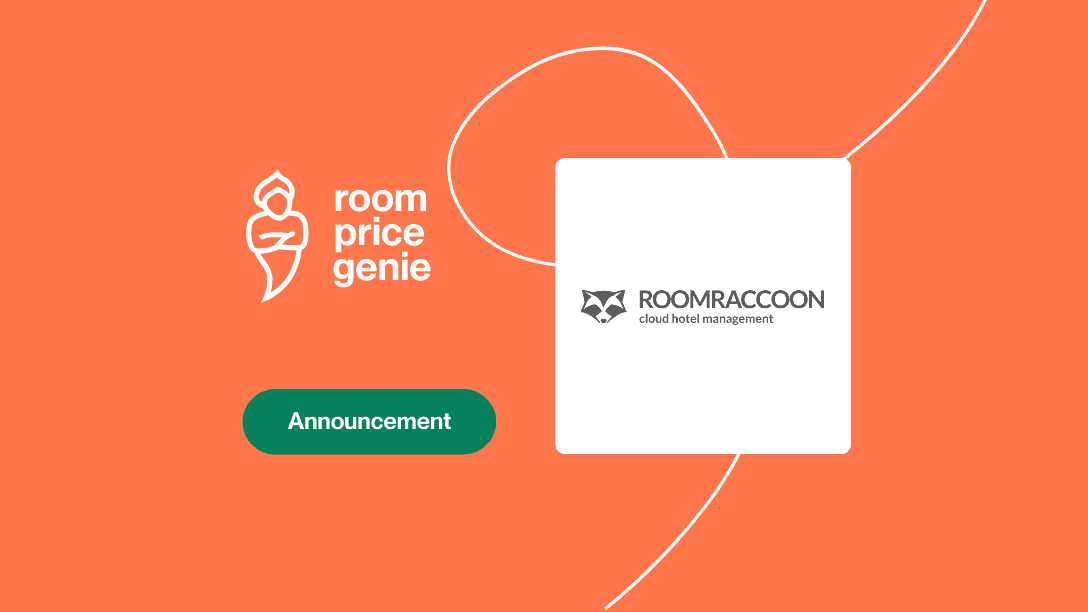GDS, CRS, CRM, PMS, RMS, Channel Manager, Booking Engine. Cloud-based, On-site based, yield management, revenue management, rate parity, blah blah blah, RevPAR. If this is what your search for hotel management software has looked like so far, let us try to help to fit it all together.
The diagram above shows a simple hotel software set-up that should be enough for most small hotels. For larger hotels who want to be on the travel agent network, we will discuss this later.
PMS and Revenue Management System
The first building block among hotel management solutions is the property management system (or PMS). This is the database that stores all your client information and your bookings. Property management system can be used to organise cleaning, to make invoices and generally help you with the task of running your hotel.
We have written here what to look for when you are choosing a PMS. It is very important to choose correctly as it is a hassle to switch to another hotel software later; you need to move all your data over. If you would like any advice on this just contact us using the form.
A good property management system will be open to other apps, a bit like an I-phone is. We, for example, offer a very good revenue management/yield management app (the terms are interchangeable, and it can also be known as a Revenue Management System; RMS for short). This means that we make sure your room is priced perfectly to get the most income (or increase your RevPAR in hotel-speak). If you want to use this, the PMS should make it easy. And there are many other applications that can help you make sure that the guest has the best possible experience, that you get better reviews, that allow you to correctly market your hotel to the right people. The latter hotel software is called customer relationship management software and is the CRM acronym above. You may even not like the invoice that your PMS makes; don’t worry – either now or in future there will be an app that makes nicer invoices.
Higher Security of a Cloud-Based System
Open property management systems are usually cloud-based as this makes updates much easier. We recommend a cloud-based hotel management system, rather than on-site based hotel system for other reasons as well though. Why? Because a cloud-based system is much more secure. It should be up all the time, even if your computer crashes; you can access it from anywhere. You should never lose any data on a cloud-based system as they have automatic and regular backups. Upgrades can be done more easily and bugs fixed instantly. The whole software world, in general, has moved onto the cloud in the past few years and there is a good reason.
So there is the property management system itself, and then there are third-party apps that can connect to the property management system, as shown in the diagram. This takes care of the running of the hotel. But what about selling the rooms to the outside world?
The Channel Manager
Now, unless you have only loyal customers who always phone you directly and book, you will need a channel manager. This is a piece of hotel management software that sits on top of your property management system. The channel manager takes your prices and availability and distributes these to other places. One of these places is a booking engine that allows you to take direct bookings onto your website.
As soon as a booking is made the channel manager sends the booking back to your property management system. This changes the inventory in your hotel property management system and also in the channel manager, meaning that the room won’t be sold twice.
The channel manager can also send the prices out to as many other vendors as you like. These could be online travel agents, like booking.com and Expedia. It could also be other sales channels like Trip Advisor. Once again here, inventory is automatically updated every time you get a booking.
One further point; if you want to access the travel agent network there is hotel software that aggregates the availability of a number of hotels for travel agents. The definitions are blurred but broadly, the inventory for all the hotels is stored in a Central Reservation System (CRS) and distributed using a Global Distribution System (GDS).
Conclusion
Overall software in the hotel industry is a great thing. Although confusing at first, if you can embrace it, it will get you more bookings, make you more money, get you better reviews, happier customers and more returning customers. On top of this, it can eliminate a lot of the admin work that you used to do.
Although it is sometimes hard to get used to new software, it is an investment that will pay off many times over.
I hope this has helped. If you would like more tips, you can download my book here. And why not sign up for a free trial of our room pricing software – it will make you a lot more money in just 5 minutes a day.








